Learning and knowledge sharing are fundamental to the LHSS Project. We invite you to search LHSS knowledge products and resources for the latest approaches, insights, and learning in the field of integrated health systems strengthening.
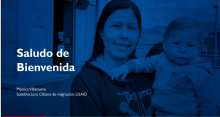
In this webinar, pedagogical strategies for community-based approaches were presented by LHSS Colombia and academia, covering the context of community mental health and community-based mental health strategies. Additionally, healthcare providers shared their experiences with community networks for promoting and caring for mental health, specifically in the context of Cartagena.
LHSS Colombia provided training for journalists and social organization representatives to enhance their understanding of the right to health for migrants and returned Colombians, promoting narratives focused on gender and social inclusion.
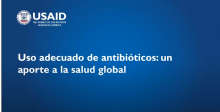
In the webinar, the appropriate use of antibiotics within the framework of global health was discussed, and a panel was held with the Ministry of Health, hospitals from Medellín, and Cucuta to explain the proper use of antibiotics
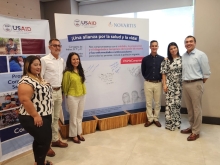
LHSS Colombia collaborates with Novartis to create an alliance focused on training health professionals to improve early detection of chronic diseases, ensure accurate diagnostics, provide up-to-date treatments, and offer comprehensive care and emotional support.
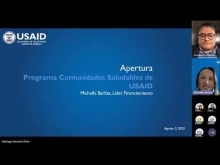
In this webinar, from the academic perspective, the strengthening of global health with a One Health approach was presented. The National Institute of Health of Colombia also presented community-based surveillance.
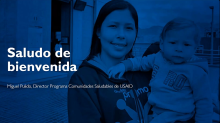
In this webinar, the local perspectives regarding maternal health of the migrant population and their impact on the healthcare system were presented by the Health Secretariat of Barranquilla. Additionally, the Santo Domingo Foundation discussed the importance of performance-based payments in maternal health for migrant women with irregular immigration status. From the perspective of healthcare providers, the challenges of delivering healthcare services to pregnant individuals with irregular immigration status were presented.
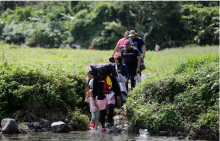
Telling stories about migration and health has become a priority for a country that, today, has more than 2.5 million Venezuelan migrants; half of them recognizing themselves as living in poverty. The workshops will be held in 11 municipalities and will discuss how to address these types of stories so as not to misinform or cause stigma.

In this webinar, the experiences and achievements of Community-Based Organizations in informing, educating, and communicating to promote the inclusion of the migrant population were presented. From the academic perspective, the purpose of the strategies for informing, educating, and communicating about health was discussed.
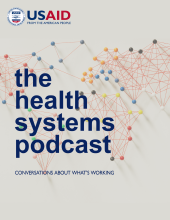
LHSS Chief of Party in Peru, Paulina Giusti learns what three organizations in Peru and Colombia are doing to improve access and link people with mental health needs to the services they require through psychosocial support networks.
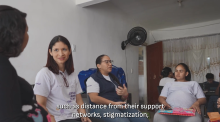
LHSS Colombia collaborated with national and local health authorities to address the mental health challenges exacerbated by the pandemic and mixed migration.
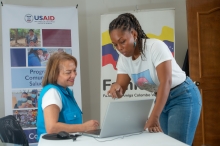
LHSS Colombia works with national governments to enhance the health system, focusing on local leadership, care, and integration in cities with high migratory flows like Bogotá, Cali, and Medellín.
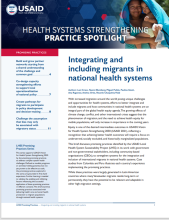
With increased migration around the world posing unique challenges and opportunities for health systems, efforts to better integrate and include migrants and host communities in national health systems are an integral part of the global health equity agenda.
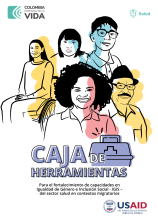
This toolkit provides Colombia’s territorial entities with the tools they need to tackle stigma and unconscious bias within the health sector in order to strengthen their capacity to provide equitable health care services to all members of the population, particularly in high migration settings.
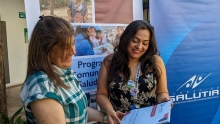
To strengthen institutional capacities in the Mandatory Health Quality Assurance System of the Ministry of Health of Cúcuta, the Communidades Saludables of USAID and the Fundación Salutia delivered the Health Quality Management Model with its technological tool TGUÍA – IV.
Stakeholders describe how they work with local municipalities to build healthy communities for all migrants.
